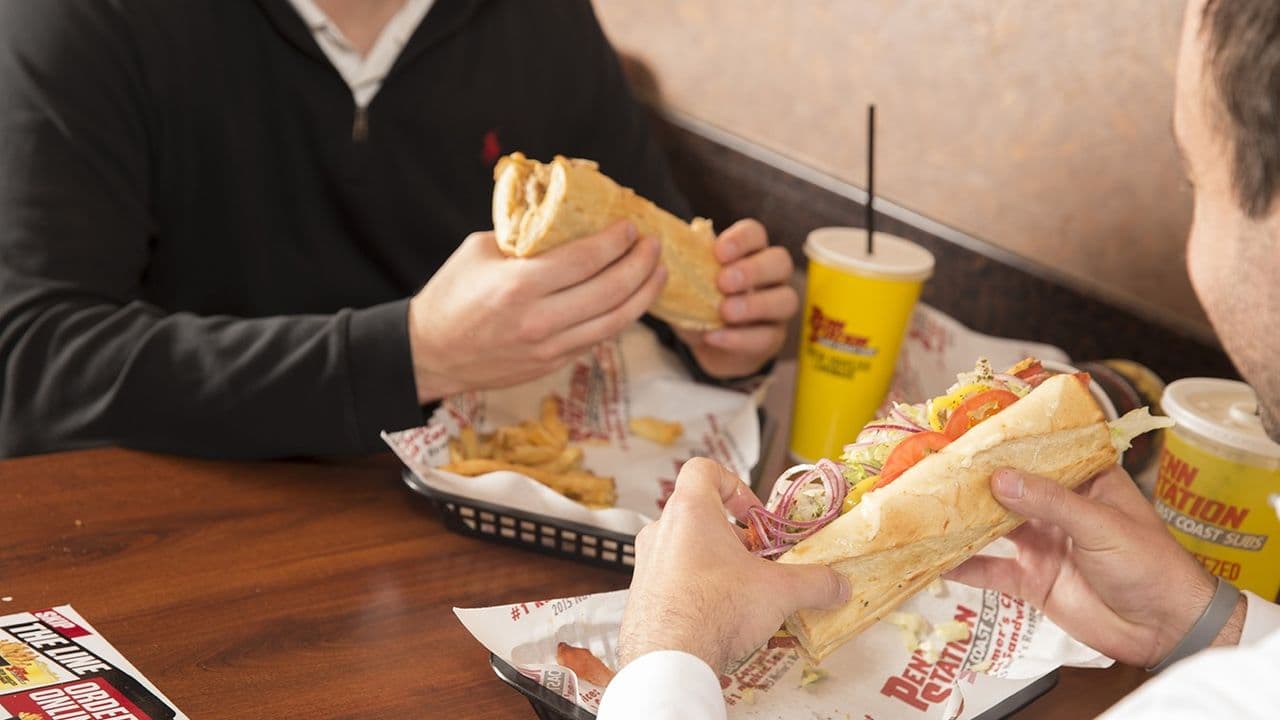How Penn Station’s Measured Growth Strategy Promotes Franchisee Success
Patient, careful, and deliberate, Penn Station’s development approach ensures franchisees are in a position to build a strong business from the jump.
When Penn Station launched its first East Coast sub shop in Cincinnati, Ohio, its unique, piping-hot offering was its key difference-maker. Now, more than 30 years later, the brand’s food quality remains, but it is its targeted franchise offering and growth strategy that gives Penn Station an unparalleled advantage in the quick-service restaurant industry.
Over the years, Penn Station has carefully and strategically extended its footprint to more than 15 states thanks to a primary focus on creating the best possible business opportunity for its franchisees. Penn Station is uniquely focused on the success of its unit owners in a way nearly every other concept in its segment cannot claim; of its more than 300 locations, only one unit is company-run.
Franchisees reap the benefits of this investment in their success in a myriad of ways, namely in the brand’s commitment to logistics, focus on support systems and efforts to increase brand awareness. Greg Goddard, Director of Development and Franchising at Penn Station, explained that a lack of company-owned stores means the brand’s success is predicated by that of its franchisees.
“When our franchisees execute, that means prosperity for the brand as a whole,” Goddard said. “Our infrastructure is designed and structured to support franchisees to the fullest in every aspect of the business.”
Goddard explained that Penn Station’s growth philosophy has propelled the brand to consistently strong average unit-level economics and as a result, a large network of multi-unit operators. The brand approaches development carefully and deliberately, unlike many other concepts that constantly install new units wherever the real estate is available.
“Quality over quantity is the name of the game for us,” Goddard said. “We are focused on growing in a way that will hopefully find the most success for our franchise owners, so we evaluate every territory we are considering methodically, weighing a variety of attributes such as logistics, operational support, analytical data, real estate, and brand awareness. With this in mind, our existing locations should typically spark development in nearby markets, creating a ripple effect of growth. Early on in our life cycle, Indianapolis, Louisville, Dayton and Lexington all were results of early success in Cincinnati. Similarly, Toledo, Cleveland and Detroit started and grew about the same time, but later in our life cycle. This concentric growth pattern is prudent and should continue for the foreseeable future.
As part of this measured development approach, Penn Station’s comprehensive support assists franchisees with site selection and logistical needs pertaining to design and construction, provides IT know-how and operations and training models for franchisees to employ, and educates owners on marketing methods and financial reporting requirements. Franchisees also benefit from existing pipelines for inventory and resources and a readily available support team capable of handling any issue that may arise. “We provide franchisees with numerous tools, and for those many franchisees who either utilize them explicitly or even enhance them, we often see greater success and operational excellence.
Penn Station’s selective growth strategy extends to franchisee recruitment as well. The brand takes extensive measures to attract top-tier franchisees that are in it for the long haul with the brand, including the institution of an enhanced variable royalty program that puts royalties owed on a sliding scale from zero to eight percent in an owner’s first five years.
“Our enhanced variable royalty program acts as an incredible incentive for entrepreneurs exploring our franchise opportunity,” Goddard said, explaining the system allows for increased cash flow, and as a result, promotes accelerated growth. “We’ve refined our franchise system so anyone that enters our system can make a strong-performing business enterprise out of it,” he added. Goddard also noted that over 70 percent of Penn Station franchisees are multi-unit operators, which speaks volumes about the dividends the brands development approach pays its owners.
Almost everything in life progresses more strongly and smoothly when little to no rushing is involved. The same holds true for Penn Station’s strategic development approach, its commitment to a deliberate growth strategy giving the brand an edge on its quick-service competitors.













